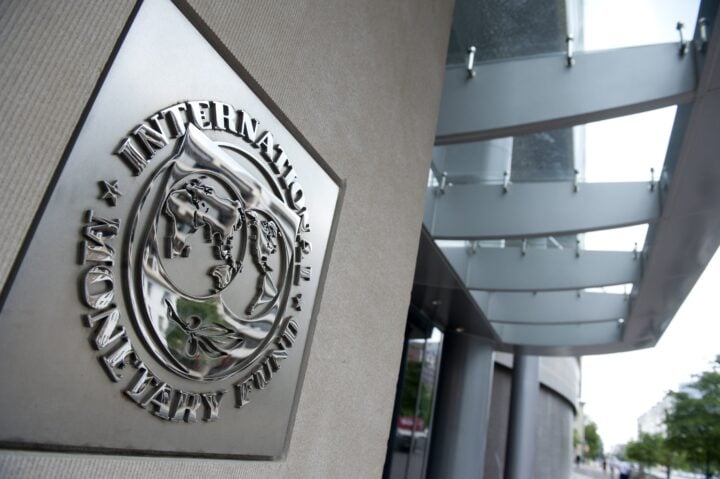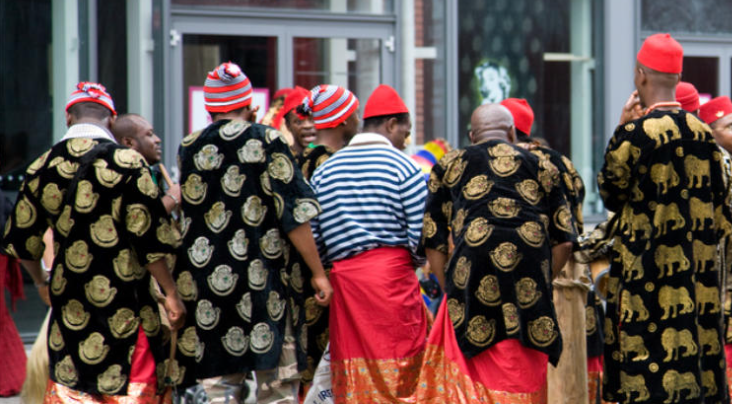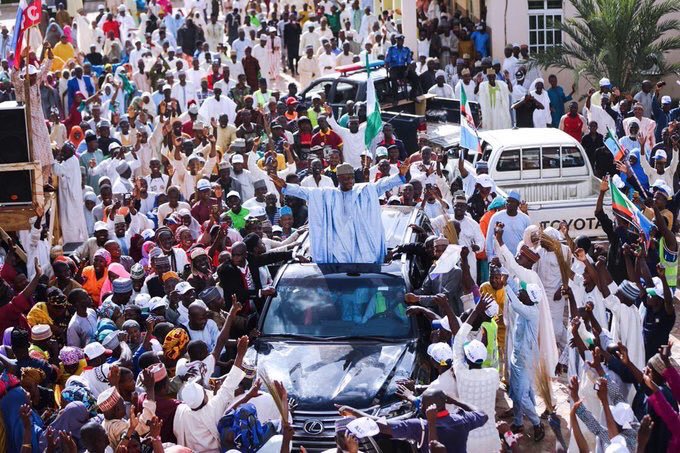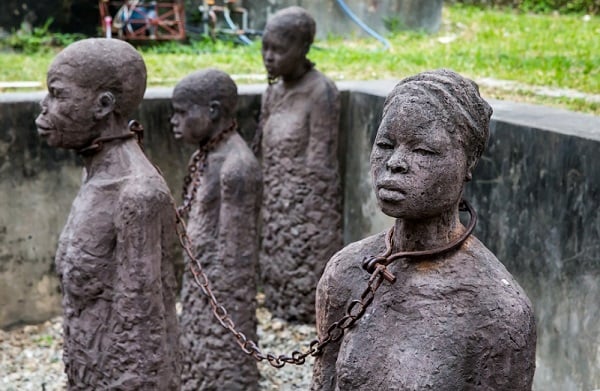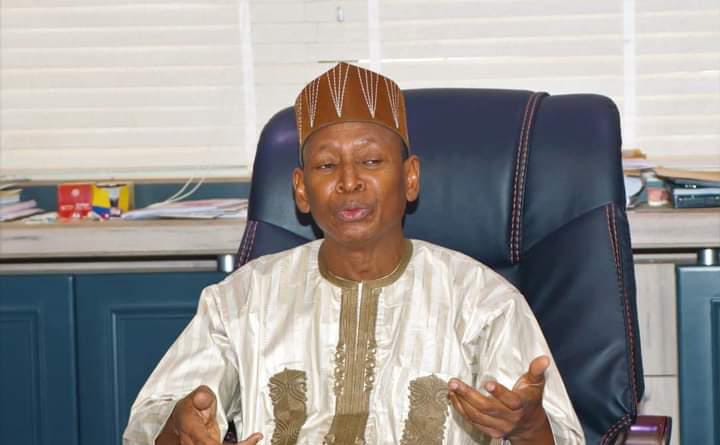At the core of the neoliberal economic theory being marketed by the Bretton Woods institutions among which are; the International Monetary Fund, IMF; the International Bank for Reconstruction and Development, IBRD (World Bank), are privatisation, deregulation, commercialisation; and a complete divestment from business by the government. The saying that: “Government has no business in business” is the phrase that is normally used to capture it most succinctly. The milder slant is the one with the position that, if the government will be involved, the business concern should be run in a profit-oriented manner – commercialisation.
What this means is that; certain essential services like the provision of roads, portable water, education, and even healthcare services are to be left in the hands of private business concerns. The argument goes further to say that all governments need to do is ensure there is a conducive atmosphere for businesses to thrive in a competitive environment, and for prices of commodities to be left for determination by the market forces of demand and supply. In that case, the government has no business, subsidising the prices of products and services. The government is to play a regulatory role in a deregulated business environment, by ensuring that, consumers of products and services are not unduly exploited, via price manipulation through the formation of a cartel.
The above is akin to what obtains in most Western countries where the proponents of the theory are domiciled. On paper, there is said to be an in-built mechanism that ensures that the rights of customers are protected from the wolf-like attack by the capitalists on the disposable income of consumers, through profiteering; but nothing could be farther than that, from reality. Even if it is as propounded, in reality, it still would never be to the advantage of the majority. For instance, in situations where about 95% of national wealth is concentrated in the hands of not more than 1% of the population, leaving the remaining 99% of the population with a paltry 5% of the wealth; that is nothing, but “inequality on steroid”. It would end up being, “liberalisation of poverty, rooted in inequality”, as there would never be a level playing ground for everybody to be a part-taker of such venture. Any society where that kind of system operates is sitting on a keg of gunpowder, such that when it explodes, the effect would be comparable with only an “apocalyptic cataclysm”. When wealth is not evenly distributed, the resultant anger becomes bottled up and becomes a time bomb.
The theories work in the West because, the principle of “individualism” whereby the collective welfare does not matter, as much as that of the individual, is part and parcel of their daily lives. Coming to Africa, it is the group that matters most, rather than the individual. Collectivism is a part and parcel of the normative system in society, which goes a long way in shaping the thoughts of everyone involved. But a look at the communal way in which the African society and some other 3rd-world societies are configured, one would notice a stark difference between them and the Euro-American societies, where individualism, rather than communalism or collectivism subsists. Such societies, though, are poorer, they thrive more on social cohesion, thus leading to enduring social order. The “social safety net” is built on interpersonal relations among family members, friends, neighbours, and colleagues at work. This is opposed to the highly individualised lifestyle and world view of the west, that underlies a culture of cut-throat competition that characterises the capitalist societies, who are the primary drivers of the neoclassical economic theory that the Bretton Woods institutions are bent on ramming down the throat of Africa and her people.
Advertisement
Every so often, when I look at the kind of socioeconomic advice, given by these Bretton Woods institutions (IMF and IBRD – World Bank) to African and other 3rd world countries, it sounds like; someone telling another person to go and kill his parents, with a promise to give him a loan, for the funeral rites. A classical example is the issue of fuel subsidy in Nigeria. Successive governments from 1999 to date have been operating a regime of subsidy, despite the fact that it gulps the lion’s share of the government’s revenue (albeit due to sharp practices by those involved in managing it). This is because, the majority sees it as the only avenue through which the people, especially, the lower class get a semblance of the much-touted dividend of democracy. Although some believe the benefits of the subsidy do not trickle down to the target beneficiaries, they still carry on with it anyway. Some politicians, though, see its proposed removal as akin to committing political harakiri, it is still very much desirable, if only, for some people to feel the presence of the government in the society. Meanwhile, if you show me where the Bretton Woods theory has worked to the benefit of the majority, then I will show you where a cockroach gets a favourable judgment in a court presided over by a fowl.
If the theory is that efficacious, why did Greece – a European nation with a similar, or close to similar, normative system to the Europeans’, almost went into sociopolitical extinction, under the heavy burden of national debts, as a result of loans given by some of these creditor institutions, as a reward for heeding their call for deregulation? Often, the desperation with which they go about arm-twisting the Third World nations into accepting the policies, makes the motive the more suspicious, as to why Africans should not go near it.
Do not get me wrong; I am not saying the system as being marketed by the “brand ambassadors” is bad. After all, if that is what has turned Paris into the beautiful city that people want to “see and die”; so, every nation should strive to embrace it. If it is what makes London the financial hub of Europe and all the serenity it offers, it is worth trying. If it is what makes American dollars the most popular currency in the world, and the country, the most powerful nation in the world, I think it is enough attraction. But, the truth of the matter is that you cannot treat patient A based on the diagnosis of patient B and vice versa. The social structure, the normative system, in Africa is such that social interaction is fashioned in such a way that, it seeks to extend and strengthen the frontier of social cohesion as a kind of insurance and the uncertainties of life, not Individualism. It is not built on the philosophy of; “the end justifies the means”, where the rich and powerful few do not mind sacrificing the welfare of the majority for their own socio-economic enrichment. In Africa, everybody is his brother’s keeper.
Advertisement
Africans, before coming into contact with the colonial masters, were developing at their pace, along the lines of indigenously formulated socioeconomic philosophies like the “Ubuntu”. According to Wikipedia, Ubuntu is a Nguni Bantu term meaning “humanity”. It is sometimes translated as “I am because we are” (also “I am because you are”); or “humanity towards others”. It is rooted in “the belief in a universal bond of sharing that connects all humanity”. So, an individualistic theory of western capitalism can never work in Africa. Rather, it would lead to social dislocation.
Reuters reported that “South Africa’s unemployment rate rose to a record high of 35.3% in the fourth quarter of 2021 from 34.9% in the third quarter due to job losses mainly in manufacturing and construction, the statistics agency said.
Recently, a report had it that the Nigerian currency appreciated against the United States currency after the Central Bank of Nigeria (CBN) boldly rejected the call by International Monetary Fund (IMF) and World Bank to allow market forces to determine the exchange rate. Data from FMDQ securities on the last trading day of that week showed the naira closed at ₦418.33 to a dollar, compared to the ₦419.50/$ it exchanged a day before.
Meanwhile, in line with the argument of this writer, the governor of the Central Bank of Nigeria (CBN), Godwin Emefiele, had insisted on a homegrown solution to managing Nigeria’s exchange rate and continue with its intervention in the forex market despite IMF, World Bank saying it was putting pressure on the naira. This is not saying it is Uhuru yet, but at least, Europe never looked abroad for theoretical solutions to their problems. So, why can’t the same be the case for Africa?
Advertisement
In conclusion, it would be a perfect mismatch to try to match European prescriptions for African ailments. Any government policy that runs, contrary to the norms and values of the people it is meant to govern, would be dead on arrival.
Abubakar writes from Ilorin. He can be reached via 08051388285 or [email protected]
Views expressed by contributors are strictly personal and not of TheCable.
Add a comment

